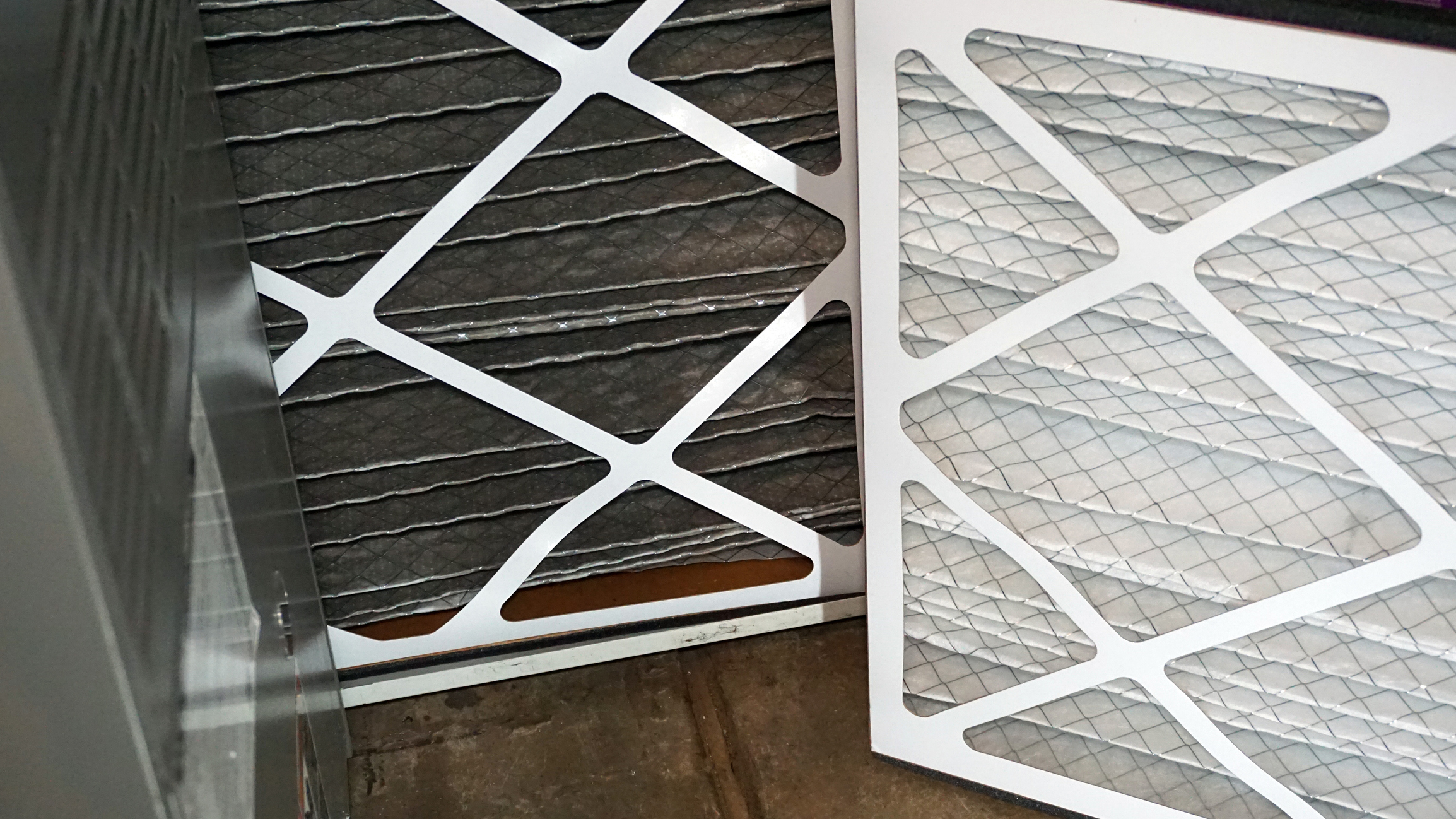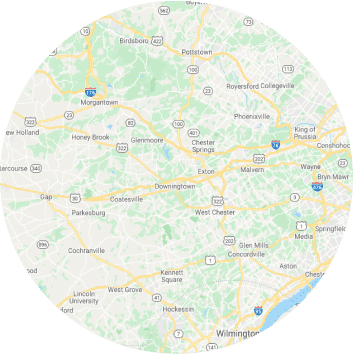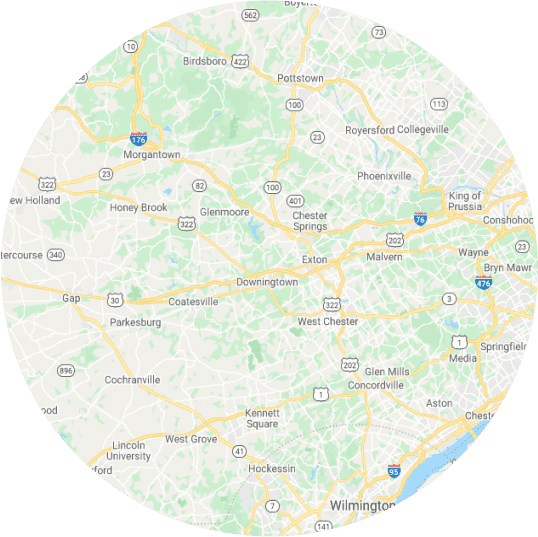7 HVAC Safety Tips To Keep You Safe

A well-functioning HVAC system is crucial for maintaining a comfortable and healthy environment. However, many homeowners need to pay more attention to the importance of HVAC safety, which can lead to potential hazards and costly repairs.
In this blog, we will share seven essential safety tips that every homeowner should know to ensure their heating and cooling system operates efficiently and safely all year round.
If this guide to HVAC safety does not provide enough information, you can call the Mattioni experts today at 610-400-8510 or schedule a service online!
Install a Carbon Monoxide Detector
Carbon monoxide is a colorless, odorless gas that malfunctioning HVAC systems or other fuel-burning appliances can produce. It’s extremely dangerous and can lead to carbon monoxide poisoning, which can be fatal. Therefore, it’s essential to have a carbon monoxide detector installed in your home.
This device can alert you to carbon monoxide, allowing you to take immediate action if there’s a leak. Install detectors near sleeping areas and at every level of your home for comprehensive coverage.
Replace Clogged Filters
Air filters play a critical role in maintaining your HVAC system’s efficiency and air quality. Over time, these filters can become clogged with dust, dirt, and debris, restricting airflow and reducing the system’s efficiency. Moreover, dirty filters can lead to poor indoor air quality, exacerbating allergies and respiratory issues.
Homeowners should regularly inspect their air filters and replace them as needed. The filter replacement frequency depends on the filter type and the dust level in your home. Generally, replacing standard filters every one to three months is advisable, while more advanced filters may last up to six to 12 months.
Do Not Handle Refrigerant Without a License To Do So
Refrigerant, or Freon, is a cooling agent in your HVAC unit. It’s an essential component of your HVAC system and provides the cooling you need. However, refrigerant is also a hazardous chemical and must not be handled by anyone without a license. Only professional HVAC technicians with the proper licensing and professional training can deal with refrigerant. If you are a homeowner and notice refrigerant is leaking from your unit (hissing, AC blowing warm air are some signs of a leak), call a professional HVAC technician immediately. A professional can add refrigerant to your unit and repair the leak.
Fun fact: Properly handling refrigerant is so crucial that it’s required by law that a licensed professional handle it.
Clean Your Air Ducts
Air ducts are responsible for distributing conditioned air throughout your home. Over time, these ducts can accumulate dust, allergens, and even mold if left unattended. Dirty air ducts can hamper the efficiency of your HVAC system and negatively impact indoor air quality.
To keep your air ducts clean and ensure proper airflow, consider following the steps below:
- Inspect your air ducts for visible debris and signs of mold growth
- Use a vacuum cleaner with a long hose attachment to remove dust and debris from accessible duct sections
- Consider hiring a professional HVAC technician every three to five years
Talk to Your Kids About HVAC Safety
It’s essential that your kids know about HVAC and electrical safety as well. Take the time to teach them what they can and cannot touch. For example, when outside, make it very clear that they should not touch the outdoor condenser. There are refrigerant lines behind the condenser, and if there are leaks, your kids could be exposed to Freon. If you have young or curious children, you can childproof some areas of your home so they don’t mess with anything potentially dangerous such as wiring, outlets, and other appliances. Areas with heating and cooling equipment should be a NO-KIDS zone, so make sure your children know that.
Schedule Annual Maintenance
Annual HVAC maintenance is a proactive approach to prevent major issues and ensure your system operates optimally throughout the year. It’s best to schedule maintenance in the spring for air conditioners and in the fall for furnaces.
Benefits of annual HVAC maintenance include:
- Improved system efficiency, leading to energy savings
- Extended life span of HVAC equipment, reducing the need for premature replacements
- Early detection of potential issues, preventing costly breakdowns
- Better indoor air quality and comfort for you and your family
Regular maintenance by a qualified HVAC technician will involve cleaning, lubricating, and inspecting various components of your system to ensure safety and reliable performance year-round.
Choose Professionals for Repair & Installation
It’s still important for homeowners to know this. Whether you need to replace your entire unit or need to replace some equipment, it’s essential that you consult a professional. A professional, reliable HVAC technician can suggest a suitable model and the correct type of equipment. The last thing you want to do is purchase unreliable equipment that might make things worse for your system.





